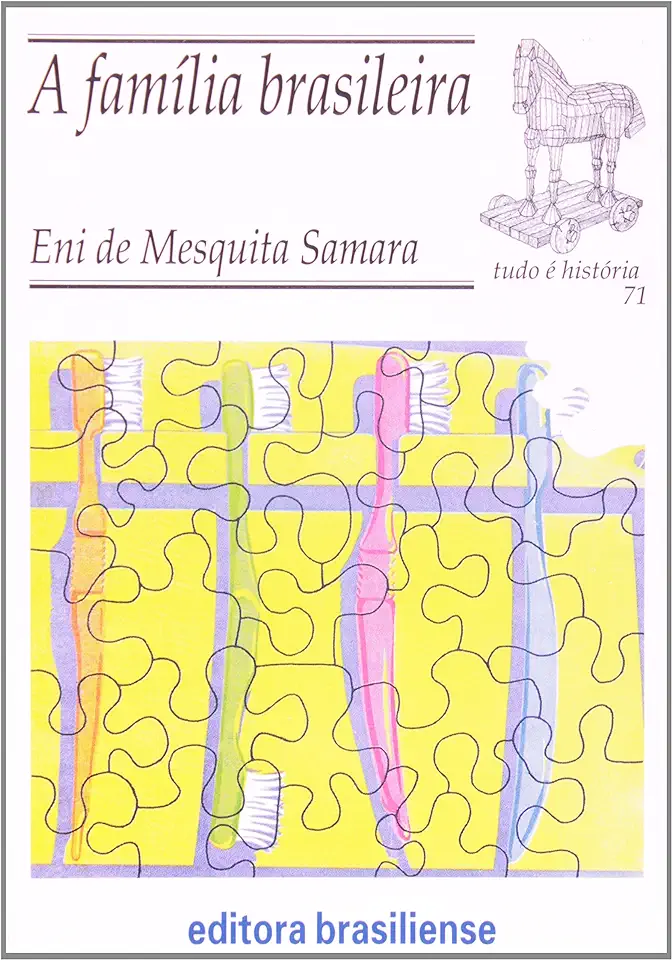
The Brazilian Family - Eni de Mesquita Samara
The Brazilian Family: A History and Social Analysis
By Eni de Mesquita Samara
The Brazilian Family is a comprehensive and insightful history of the Brazilian family from the colonial period to the present day. Eni de Mesquita Samara, a leading Brazilian sociologist, draws on a wide range of sources, including historical documents, census data, and interviews, to provide a rich and nuanced account of the changing nature of family life in Brazil.
A sweeping history of the Brazilian family
Samara begins by examining the family in colonial Brazil, where the patriarchal family was the dominant model. She shows how the family was shaped by the social and economic conditions of the time, including the plantation economy, the Catholic Church, and the patriarchal values of Portuguese society.
In the 19th century, the Brazilian family began to undergo a process of transformation. The rise of industrialization and urbanization led to a decline in the patriarchal family and the emergence of new family forms, such as the nuclear family and the single-parent family. Samara also discusses the impact of slavery on the Brazilian family, and how the institution of slavery shaped the relationships between husbands and wives, parents and children, and masters and slaves.
In the 20th century, the Brazilian family continued to evolve. The rise of the middle class and the increasing participation of women in the workforce led to further changes in family structure and dynamics. Samara also examines the impact of globalization on the Brazilian family, and how the increasing interconnectedness of the world has affected family life.
A rich and nuanced account of the Brazilian family
The Brazilian Family is a rich and nuanced account of the changing nature of family life in Brazil. Samara's work is based on a solid foundation of research, and she presents her findings in a clear and engaging manner. This book is essential reading for anyone interested in the history of the Brazilian family, or in the sociology of the family more generally.
Key Themes
- The patriarchal family: The patriarchal family was the dominant model of family life in colonial Brazil. The father was the head of the household, and he had absolute authority over his wife and children.
- The rise of the nuclear family: The nuclear family, consisting of a husband, wife, and children, emerged in the 19th century as a result of industrialization and urbanization.
- The impact of slavery: Slavery had a profound impact on the Brazilian family. The institution of slavery shaped the relationships between husbands and wives, parents and children, and masters and slaves.
- The changing role of women: The role of women in the Brazilian family has changed significantly over time. In the colonial period, women were subordinate to their husbands and had few rights. In the 20th century, women gained more rights and opportunities, and they began to play a more active role in family life.
- The impact of globalization: Globalization has had a significant impact on the Brazilian family. The increasing interconnectedness of the world has led to changes in family structure and dynamics.
Why You Should Read This Book
The Brazilian Family is a must-read for anyone interested in the history of the Brazilian family, or in the sociology of the family more generally. Samara's work is based on a solid foundation of research, and she presents her findings in a clear and engaging manner. This book is essential reading for anyone who wants to understand the changing nature of family life in Brazil.
Order your copy of The Brazilian Family today!
Enjoyed the summary? Discover all the details and take your reading to the next level — [click here to view the book on Amazon!]